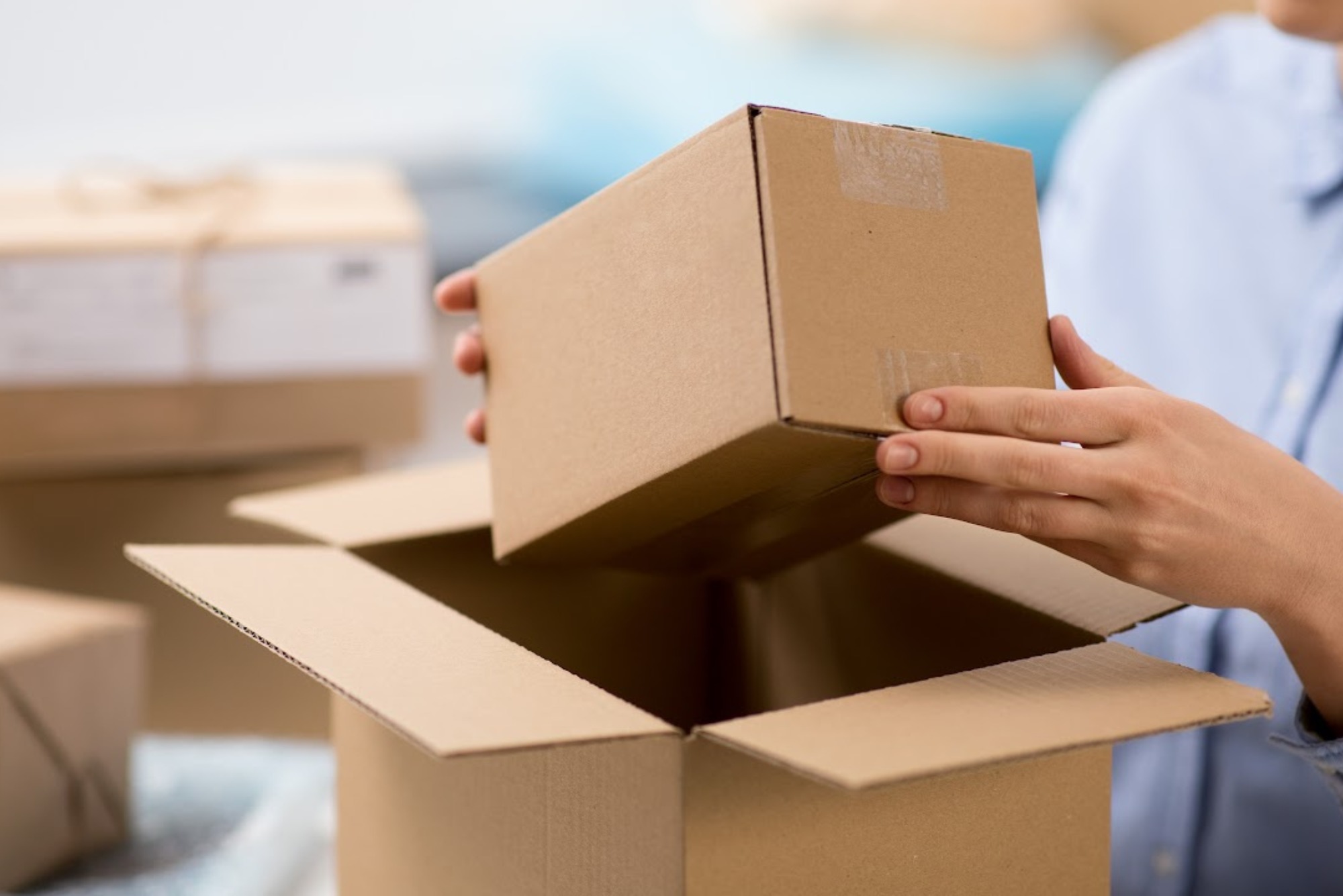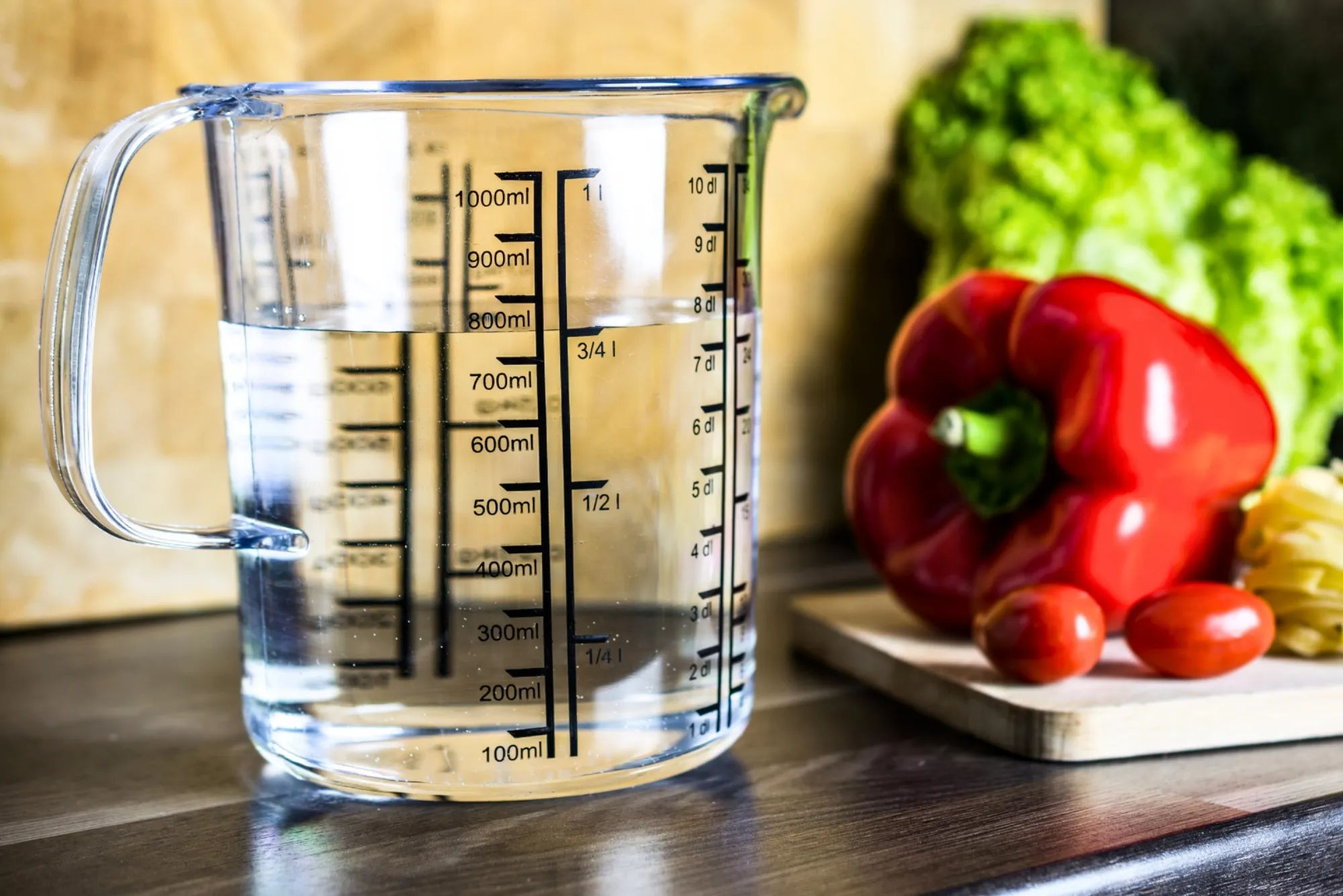In recent years, there has been a growing awareness of the environmental impact of packaging materials and a concerted effort to find sustainable alternatives. The United Kingdom, like many other countries, is actively seeking eco-friendly packaging innovations to reduce its carbon footprint and promote a more sustainable future. This article will explore some of the exciting eco-friendly packaging innovations emerging in the UK market.
Sustainable Materials
- Biodegradable Plastics
Traditional plastics are a significant contributor to environmental pollution. Biodegradable plastics, made from renewable sources such as cornstarch or sugarcane, are gaining popularity. These plastics break down naturally, reducing their long-term environmental impact.
- Recycled Materials
Recycling is at the heart of sustainability. UK companies increasingly use recycled materials, such as cardboard, paper, and glass, to create packaging that reduces the demand for new resources.
- Edible Packaging
Edible packaging, made from materials like rice paper or seaweed, is environmentally friendly and reduces waste. Consumers can eat or compost the packaging, eliminating the need for disposal.
Minimalist Design
- Reduced Packaging
Many companies in the UK are adopting minimalist packaging designs that use less material. Smaller, more efficient packaging reduces waste and saves on transportation costs.
- Eco-Friendly Inks
The inks used in packaging can have a significant environmental impact. Eco-friendly inks, made from sustainable sources and with fewer harmful chemicals, are becoming more prevalent.
Innovative Technology
- Smart Packaging
Innovative packaging incorporates technology that monitors freshness, tracks shelf life, and provides information to consumers. This reduces food waste and enhances the user experience.
- Reusable Packaging
Some UK companies are introducing reusable packaging options. Customers can return packaging for a deposit or exchange, reducing single-use waste.
Government Initiatives
- Plastic Tax
The UK government has implemented a plastic packaging tax on less than 30% recycled plastic products. This encourages manufacturers to use recycled materials in their packaging.
- Extended Producer Responsibility (EPR)
EPR regulations require producers to manage the environmental impact of their products, including packaging. This encourages companies to design more sustainable packaging.
Consumer Demand
- Conscious Consumerism
Consumers in the UK are increasingly choosing products with eco-friendly packaging. This shift in demand is motivating businesses to invest in sustainable solutions.
References
- Smith, J. (2021). The Rise of Eco-Friendly Packaging: A Global Perspective. Environmental Journal, 45(3), 211-225.
- UK Department for Environment, Food & Rural Affairs. (2022). Packaging Waste Regulations. https://www.gov.uk/packaging-waste-regulations
- Green, A. (2020). Edible Packaging: A Sustainable Alternative. Sustainable Packaging Research, 28(2), 87-101.
In conclusion, the UK is witnessing a shift towards eco-friendly packaging innovations driven by environmental concerns, consumer demand, and government regulations. These sustainable packaging solutions reduce the environmental impact and reflect a commitment to a greener future. As technology and awareness grow, we expect even more innovative and eco-conscious packaging solutions to emerge in the UK market.





